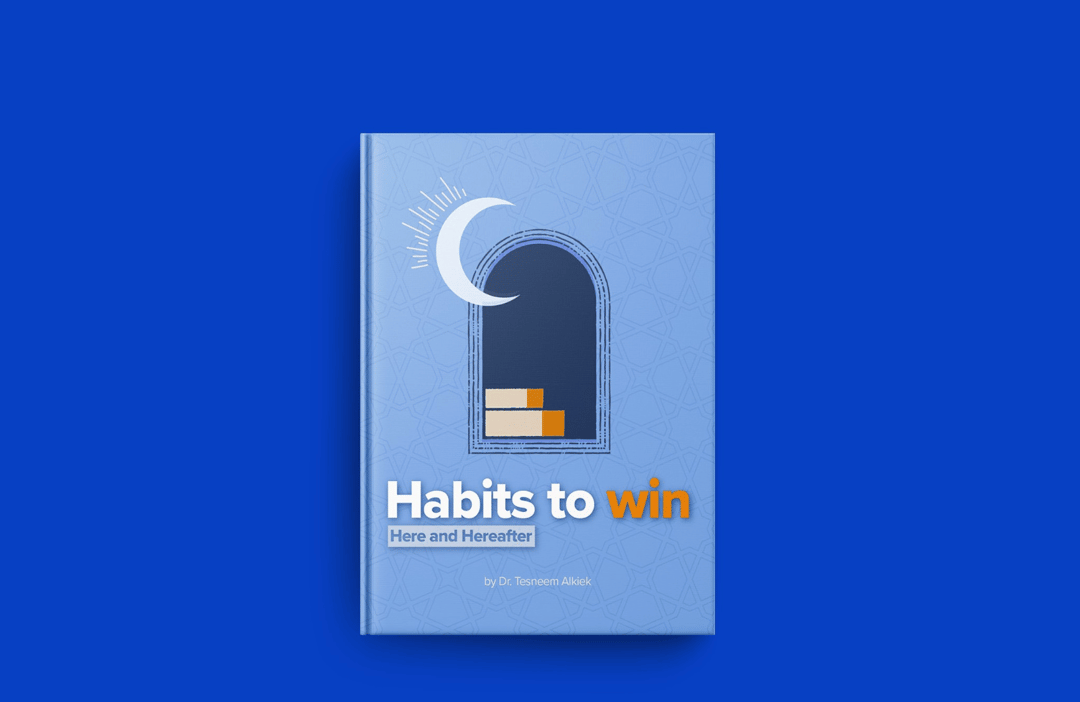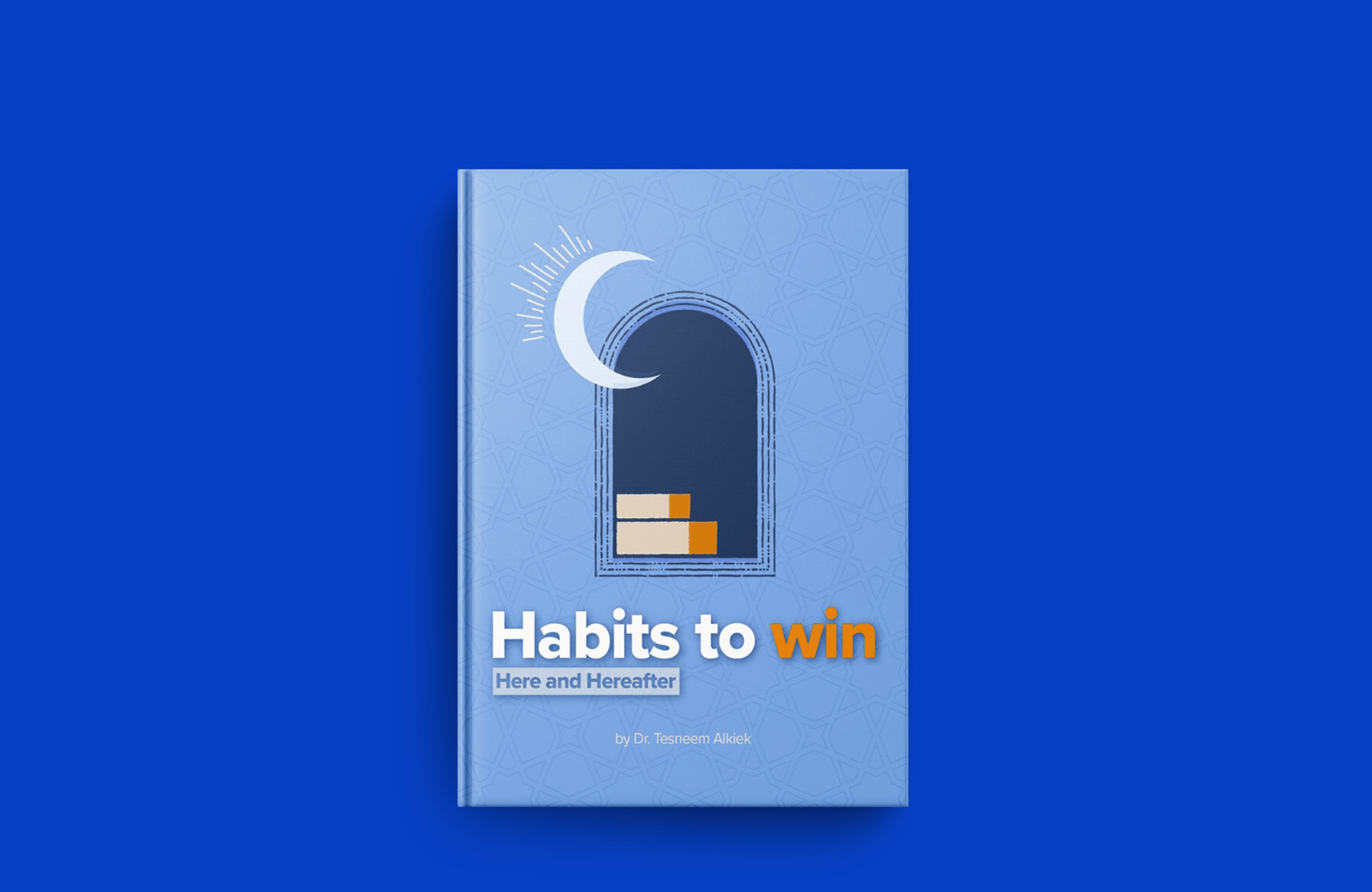Spotlight
Become a member
Bookmark content
Manage your donations
Track your spiritual growth
The Age of Aisha (ra): Rejecting Historical Revisionism and Modernist Presumptions
Are the claims that Aisha married while she was in her teens accurate? Are they strong enough to make us discard ʿĀʾisha’s ḥadīth? Why did this become an issue in modern times when it was not an issue at the time the marriage took place?
Marriage and Gender Roles in Islam: Beyond Rights and Duties
Muslims have found themselves in the crosshairs of a hegemonic culture that often devalues or distorts marriage and family life.
Why Did Prophet Muhammad ﷺ Marry Aisha? Dismantling the Controversy of Aisha's Age
Was Aisha (ra) a child when she married the Prophet ﷺ? What is an appropriate age to get married? Explore the legacy of Aisha (ra) - the youngest wife of Prophet Muhammad ﷺ.
The Prophecies of Prophet Muhammad ﷺ: Proofs of Prophethood Series
Some of the greatest and most convincing testimonies to the prophethood of Muhammad ﷺ are the multiple occasions on which he correctly predicted future events. Mohammad Elshinawy describe 30 of these predictions and how each and every one of them came to pass, just as he predicted.
Virtues of Surah al-Baqara: Healing and Protection in the Qur’an’s Longest Chapter
Surah al-Baqara is the longest chapter of the Qur’an. The one who takes this surah as a companion will find endless blessings in this life and the next.
Love at first sight? Ethics of desire (Boys)
Our Muslim youth are growing up in an environment where explicit content in various formats is ubiquitous. Educators and parents see the confusion, discomfort, and sometimes shame they experience when exposed to this content. This unit takes students through three chapters that explore the nature of sexual desires in Islam and help students recognize the dignity and true intended purpose of their desires, how to manage them responsibly, and how to navigate an environment saturated with sexual imagery. The ultimate goal of this unit is to reorient students toward a sound understanding of human desires through instruction grounded in Islam’s theological and ethical principles. Note: We recognize that addressing sexual desires in an Islamic framework can be sensitive. This unit is designed to be taught in gender-segregated environments. We encourage educators to thoroughly review all materials in this unit beforehand to ensure their students are developmentally and emotionally prepared for these discussions.
Love at first sight? Ethics of desire (Girls)
Our Muslim youth are growing up in an environment where explicit content in various formats is ubiquitous. Educators and parents see the confusion, discomfort, and sometimes shame they experience when exposed to this content. This unit takes students through three chapters that explore the nature of sexual desires in Islam and help students recognize the dignity and true intended purpose of their desires, how to manage them responsibly, and how to navigate an environment saturated with sexual imagery. The ultimate goal of this unit is to reorient students toward a sound understanding of human desires through instruction grounded in Islam’s theological and ethical principles. Note: We recognize that addressing sexual desires in an Islamic framework can be sensitive. This unit is designed to be taught in gender-segregated environments. We encourage educators to thoroughly review all materials in this unit beforehand to ensure their students are developmentally and emotionally prepared for these discussions.
Do you need Islam to be an ethical person?
A common sentiment held by many is that humans can be good without religion. While our fitrah, our innate human nature, is inclined towards good, it does not necessarily mean that it knows and follows the most ethical stance. Who defines what is ethical, anyway? In this unit, students will explore why humans are in need of ethical guidance by analyzing the limitations of the fitrah. Students will recognize that even though we all have the capacity to be good, we need revelation to center our understanding of ethics. By the end of this unit, students will appreciate the transformative power of revelation and learn to apply moral excellence in their own lives through the example of Prophet Muhammad ﷺ.
Fasting and zakat: Winning through sacrifice
It is normal for Muslim youth to question the purpose of religious rituals, especially those that involve sacrifice. This unit takes a multi-dimensional approach—physical, social, and spiritual—to understanding two core Islamic rituals: zakat and fasting in Ramadan. Students may wonder: Why do we give zakat, and how does it purify wealth? Is fasting just about avoiding food, or does it have a deeper purpose? In this unit, we examine how zakat and fasting foster spiritual purification, strengthen community bonds, and cultivate self-discipline in our lives. By the end of this unit, students will gain a greater appreciation for zakat and fasting, shifting their perspective on the role of rituals in daily life. Ultimately, they will recognize that Islamic rituals benefit us in both this life and the next.
How can evil coexist with a merciful God?
The 'problem of evil' is a major point of contention in philosophical and religious circles. To address the topic, this unit first clarifies the terms of the debate by explaining that human knowledge can never encompass the reality of 'goodness' or 'evil.' It then surveys how Islamic theodicies have responded to the problem of evil. The unit concludes by inviting students to explore how the prophetic model allows them to find meaning and be inspired to act positively in a world where 'evil' exists.
Conscious or coerced: Divine decree in Islam
This unit explores a difficult question brought up by Muslim youth and adults alike: if God has knowledge of all things and we are subject to His will and power, then how do we have free will? Students will explore the Qur'anic discourse on predestination and free will to equip them with the tools to navigate and resolve this apparent paradox.

